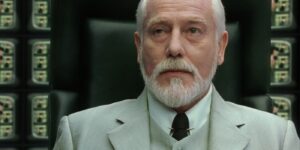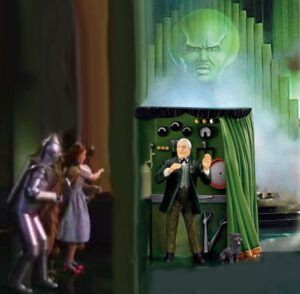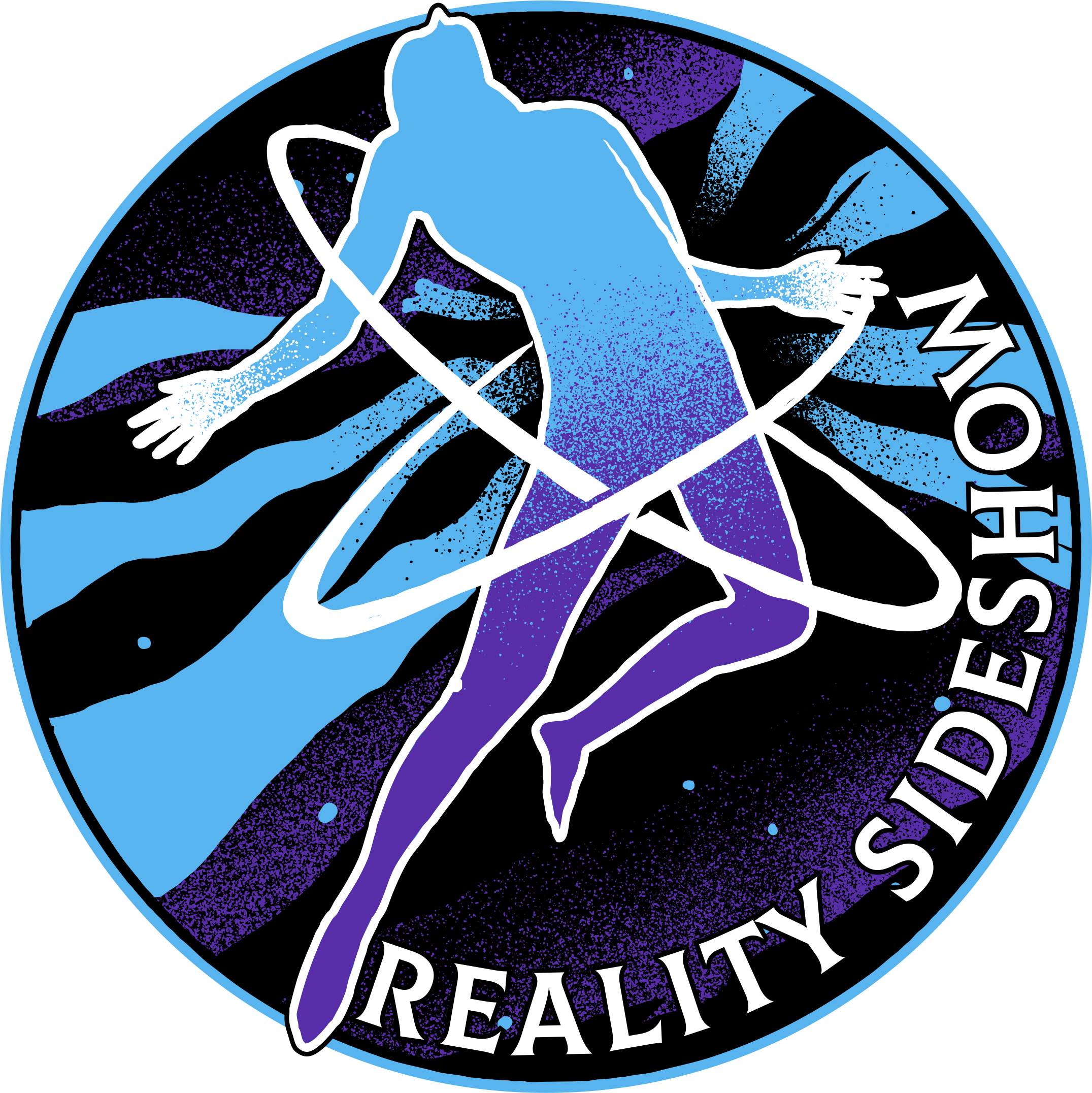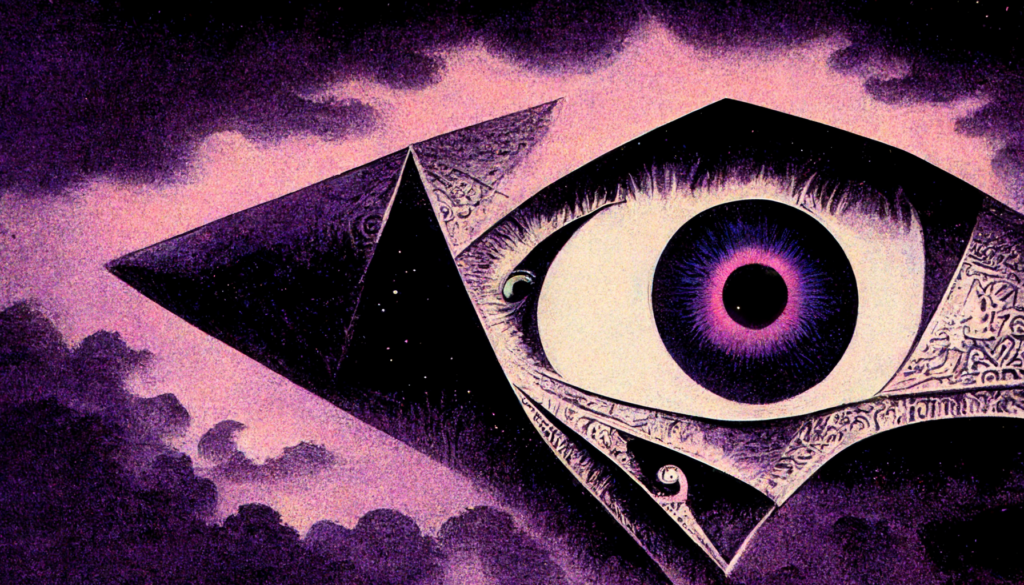“All the world’s a stage”
– William Shakespeare
The above quote from William Shakespeare’s play, titled As You Like It, is an old observation. Shakespeare’s quote is said to derive from the Latin phrase “quod fere totus mundus exercet histrionem”, which is translated in English as “because almost the whole world are actors”, and has been attributed to the Roman statesman Petronius. Richard Edwards’ play Damon and Pythias, written in the year Shakespeare was born, contains the lines, “Pythagoras said that this world was like a stage / Whereon many play their parts; the lookers-on, the sage”.
It is in our nature as human beings to attribute a purpose and a reason for our existence. Whatever that reason or purpose, if one even exists, can only be speculated upon. However, if our reality were similar to a play, and we were all here to act out a specific role, then one might begin to wonder if there is a script? Every form of theater contains a script, even improvisation, which is retroscripted and contains rough outlines of themes and stories. With that being said, improvisation as a form of theater may be the closest analog to human reality.
This line of thought inevitably leads us towards a debate between free will versus determinism. Are we really in control of our actions and destiny, or is there an unseen force at work acting as a puppet master in this grand drama, predetermining our every outcome? Perhaps, however, there are instead shades of gray that can be found in this seemingly black and white timeless debate.
ARCHETYPES
If improvisation were viewed as an analog for reality, and we were not given a script with lines per se, but instead, something more akin to themes and stories, then what might this look like?
The concept of archetypes are attributed to Swiss psychologist Carl Jung. An archetype can be viewed from the Jungian psychological perspective as a theoretical collectively-inherited unconscious idea, a pattern of thought, image, etc., that is universally present in individual psyches.However, the origins of the archetypal hypothesis date as far back as Plato. Plato’s eidos, or ideas, were pure mental forms that were imprinted in the soul before it was born into the world. Plato’s eidos were admittedly what inspired Carl Jung to explore and later theorize the existence of archetypes.
If our reality is similar to a stage in which we act out our role as human beings, then perhaps something akin to an archetype is the script we are given before stepping out onto the stage of life. This theorized imprint of a timeless theme living deep within the unconscious aspect of our psyche may hold the key to understanding the nature of the human psyche. Viewing the state of human civilization through this archetypal lens may also offer profound insights regarding the path society is currently on, as well as shine a light on where we are headed.
THE MAGICIAN’S SHADOW
One particular archetype, which appears to manifest via the human psyche, in various forms, is that of the Magician. In Jungian psychology, the Magician archetype is the bearer of knowledge, both ancient and new. The Magician archetype is synonymous with cognition – wise, thoughtful and transformative. The magician archetype is seen as being extremely powerful as it will have a firm grasp on energies and how to best manipulate these energies. Utilizing the medium of theater can help us understand what the Magician archetype is truly capable of.
The Architect from the Matrix.

The Wizard from the Wizard of Oz – The Man Behind the Curtain

The above examples represent what Neo-Jungian’s would refer to as a Detached Manipulator. The Detached Manipulator represents the shadow, or opposite end of the spectrum, for the Magician archetype. The detached manipulator thus becomes cold, calculating and devoid of empathy for its actions. The ability to create can be expressed with positive or negative intention. Unfortunately, at this moment in our species history, the world appears to demonstrate that those who we perceive to hold power over society are overwhelmingly enveloped by the Detached Manipulator, pursuing selfish objectives, which ultimately results in selfish ends.
The shadow of the Archetypal Magician, known as the Detached Manipulator, is theorized by Neo-Jungian analysts to be infatuated with power and control. The pursuit of power and control by the few who erratically express their Magician’s shadow archetype of the Detached Manipulator could help to explain why the world has been increasingly enveloped by chaos. As previously stated, the Magician archetype is an embodiment of the transformative power. As we start to see society slowly transform into a more tightly controlled, top down, hierarchical structure; one can only ask where this driving force is ultimately stemming from, and if they do indeed exist, what exactly are the archetypes?
Much like Plato’s forms, the research I primarily focus on while analyzing the global conspiracy to enslave humanity has more to do with what lies behind the reality we experience, more so than what may be easily gleaned at first sight. What is truly driving the psyche of various groups of people seeking control in this world? Could it perhaps be the script?

